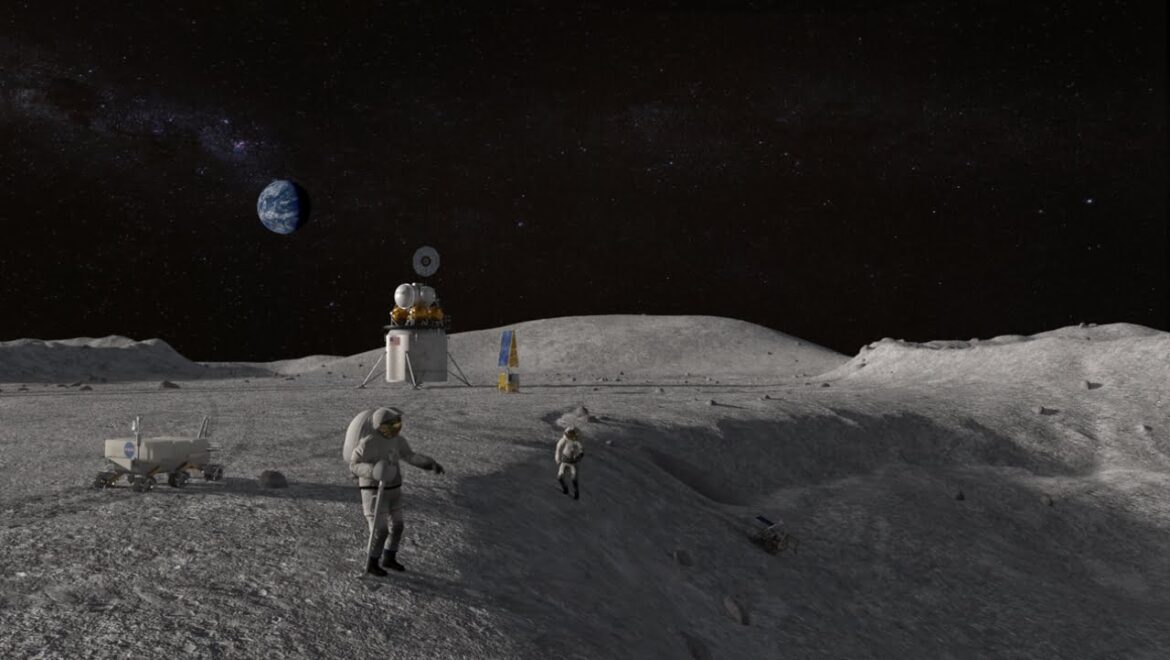
As NASA’s Artemis program gains momentum, a growing contingent of critics voices concerns over its necessity and funding. The ambitious initiative, aimed at returning humans to the Moon and eventually reaching Mars, is sparking debate among taxpayers, scientists, and policy-makers alike.
Financial Concerns
Foremost among the criticisms is the financial burden the Artemis program imposes on taxpayers. Detractors argue that the billions allocated to lunar exploration could be better spent addressing pressing issues on Earth, such as healthcare, education, and climate change. “In a time when so many Americans are struggling to make ends meet, it seems irresponsible to funnel so much money into space exploration,” says Mark Henderson, a financial analyst and vocal critic of the program.
Scientific Priorities
Some members of the scientific community also question the program’s priorities. Dr. Elaine Thompson, a prominent environmental scientist, argues that the focus should be on protecting our own planet rather than exploring others. “We have an urgent need to address climate change and environmental degradation here on Earth. The resources and talent being invested in the Artemis program could be pivotal in these efforts,” she explains.
Ethical and Practical Concerns
Beyond financial and scientific arguments, ethical and practical concerns also fuel opposition to the Artemis program. Critics point to the potential for environmental disruption on the Moon and ethical questions about exploiting extraterrestrial resources. “We must consider the impact of our actions beyond our planet. Just because we can reach the Moon doesn’t mean we should do so without careful consideration of the consequences,” says Samantha Green, an ethicist specializing in space policy.
Alternative Visions for Space Exploration
Not all opponents of the Artemis program are against space exploration entirely. Some advocate for a more balanced approach that includes robotic missions and international cooperation. “Robotic missions have already provided a wealth of information at a fraction of the cost and risk of manned missions,” notes Dr. Raj Patel, an astrophysicist. “We should also work more closely with other nations to share the financial and scientific burden of space exploration.”
A Divided Public
Public opinion on the Artemis program remains deeply divided. Polls indicate that while many Americans support the idea of lunar exploration and the inspiration it brings, a significant portion believes the timing and scale of the investment are misguided. “It’s inspiring to think about humanity’s next giant leap,” says Jennifer Lawson, a school teacher. “But we have so many challenges here at home that need our immediate attention.”
As NASA prepares for the upcoming Artemis missions, the debate over its value and priority is likely to intensify. The program’s supporters argue that the technological advancements and potential benefits of lunar exploration justify the investment. Meanwhile, opponents call for a more measured approach that balances space exploration with addressing the urgent needs of our planet.
References
https://www.space.com/nasa-artemis-2-sls-booster-stage-michoud-rollout-july-16
